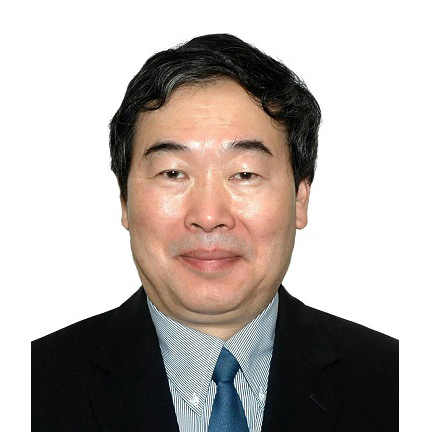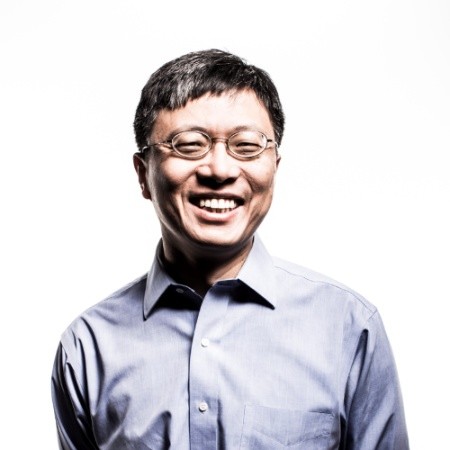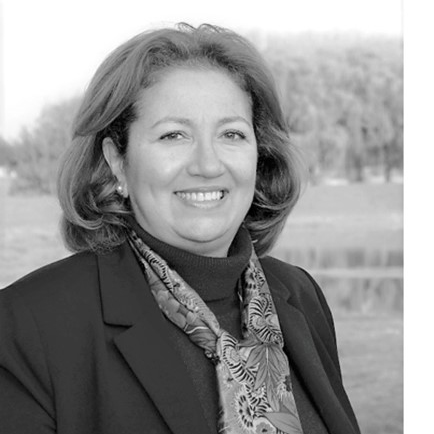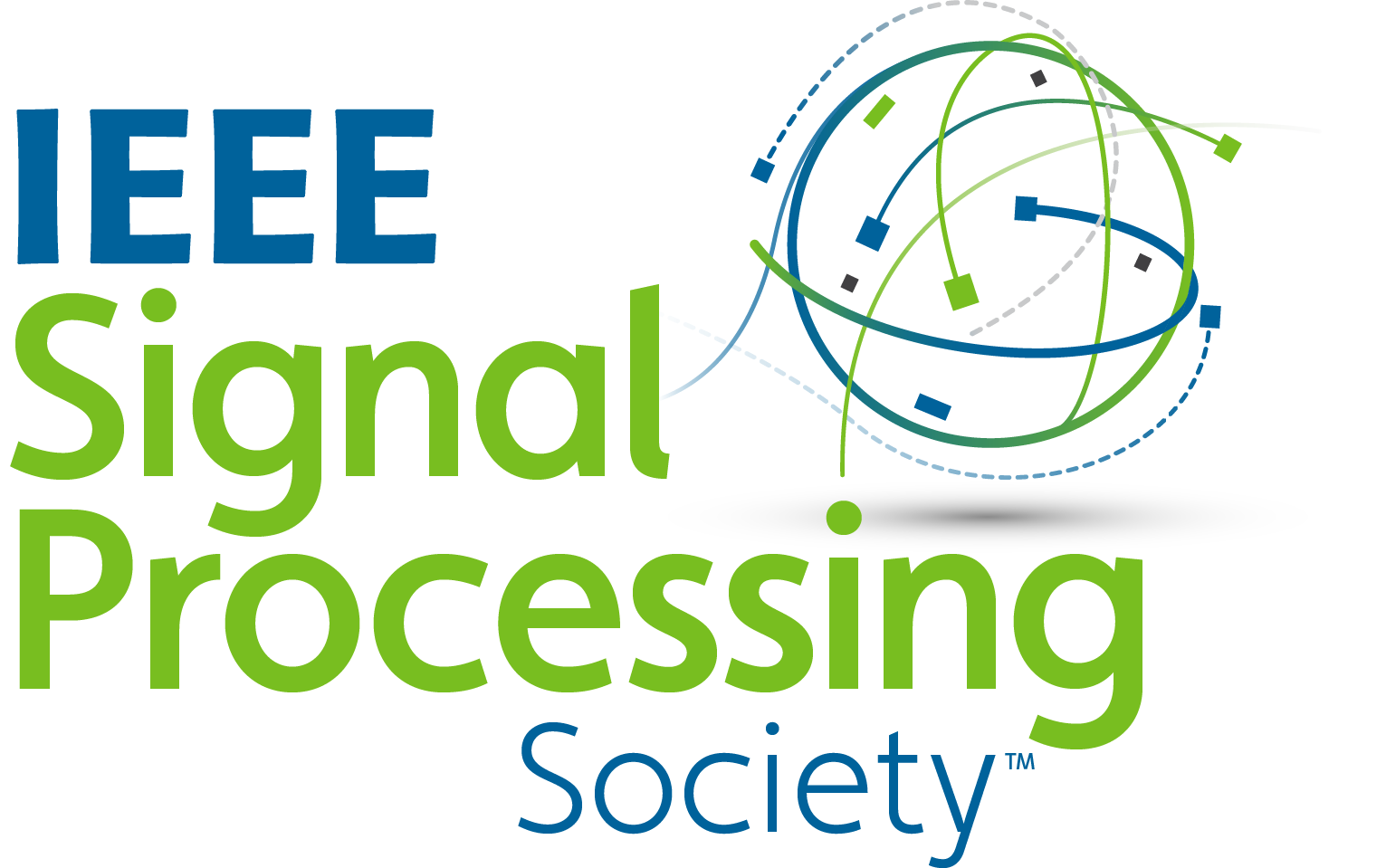Keynotes
Title: Neural Circuit Plasticity: From Brain Research to Machine Learning and Back
Time: 8:30-9:30 AM, 9th July (Tu)
Room: Auditorium 3F
Speaker: Mu-Ming Poo (Institute of Neuroscience, Chinese Academy of Sciences, and CAS Center for Excellence in Brain Science and Intelligence Technology, China)
Chair: Feng Wu, University of Science and Technology of China, China
Abstract
The most important feature of the brain is the plasticity of neural circuits, i.e., the structure and function of neural circuits could be modified by experience. This plasticity is the basis of most of our cognitive functions, such as sensory perception, multisensory integration, learning and memory, pattern recognition, attention and decision-making. In this lecture, I will summarize our current concept of neural circuit plasticity, which represents a major achievement of neuroscience in the past decades. First, the architecture of the neural circuits is shaped by experience through experience-induced sculpting (pruning) of connections, a process most prominent in early brain development and continued to a limited extent in the adult brain. Second, the efficiency of signal transmission in specific neural circuits at the junctions (synapses) between nerve cells (neurons) could be modified by experience-induced neural activities in a manner that depends on the pattern (frequency and timing) of electrical spikes in the pre- and postsynaptic neurons. Activity-induced long-term potentiation (LTP) and long-term depression (LTD) of existing synapses are the predominant mechanism underlying learning and memory of the adult brain. Concepts of neural circuit architecture and synaptic plasticity had triggered the emergence of efficient machine learning algorithms in the past decades, and will continue to inspire the development of new machine learning methods in the future. Conversely, I will argue that findings in the field of machine learning and artificial neural networks could help to facilitate the elucidation of new features and functions of neural circuits in the brain. This was illustrated by our own discovery of back-propagating LTP and LTD in neural circuits, in a line of research inspired by the back-propagation algorithm used in supervised machine learning. Finally, I will summarize our effort in exploring whether higher cognitive functions such as self-awareness may originate from experience-dependent neural circuit plasticity. We discovered that mirror self-recognition, a hallmark of self-awareness known to be limited to humans and great apes, could be acquired by rhesus monkeys following extensive training for visual-somatosensory or visual-proprioceptive association, thus providing a new experimental system for studying neural circuit mechanism and plasticity underlying self-awareness. Thus, crosstalk between researchers in neuroscience and machine learning will trigger new development in both fields.
Biography

Mu-ming Poo is the founding and current director of Institute of Neuroscience, Chinese Academy of Sciences, director of CAS Center for Excellence in Brain Science and Intelligence Technology, and Paul Licht Distinguished Professor in Biology Emeritus at University of California, Berkeley. He studied physics at Tsinghua University (Taiwan) and received Ph D in biophysics from Johns Hopkins University. He had served on the faculty of University of California at Irvine, Yale University, Columbia University, and University of California at San Diego, and University of California, Berkeley. He has made seminal contributions in studying neuronal differentiation, axon guidance and synaptic plasticity. He is a member of Academia Sinica, US National Academy of Sciences, Chinese Academy of Sciences, and Academy of Science of Hong Kong. He had received Ameritec Prize, Docteur Honoris Causa from Ecole Normale Supérieure, Paris and from Hong Kong University of Science and Technology (2014), P. R. China International Science & Technology Cooperation Award (2005), Qiushi Distinguished Scientist Award (2011), and Gruber Neuroscience Prize (2016). He is currently on the editorial board of more than 10 academic journals, including Neuron, and serve as the Executive Editor-in-Chief for National Science Review.
Title: AI Ethics: From Principles To Practices
Time: 8:30-9:30 AM, 10th July (We)
Room: Auditorium 3F
Speaker: Harry Shum (Executive Vice President of Microsoft's Artificial Intelligence and Research Group, USA)
Chair: Lina J. Karam, Arizona State University, USA
Abstract
Recent achievements and advancements in AI have outpaced what anyone would have thought imaginable even five to ten years ago. For instance, we are fast approaching human parity across many areas of AI — speech, vision, language and knowledge. But many practitioners building AI technology and deploying AI products have not always thought through the societal implications such as fairness and transparency. In this talk, I will discuss how we can best address these societal challenges before the next AI innovation and development cycle. Up to this point, the answer has centered on principles – guidelines to help companies and countries navigate the complexities and implications of AI. But principles alone are no longer enough—industry, academia and government need to take actions now to move from principles to practices. I will share what we have been practicing in Microsoft AI and Research from doing research in explainable and interpretable AI, to leveraging useful tools like datasheets and checklists commonly used in other industries, to forming an internal AI ethics committee providing guidelines for shipping AI products, to sharing and learning best practices with other companies through the Partnership in AI.
Biography

Harry Shum is executive vice president of Microsoft's Artificial Intelligence (AI) and Research group. He is responsible for driving the company's overall AI strategy and forward-looking research and development efforts spanning infrastructure, services, apps and agents. He oversees AI-focused product groups including Bing and Cortana. He also leads Microsoft Research, one of the world's premier computer science research organizations, and its integration with the engineering teams across the company. Previously, Dr. Shum served as the corporate vice president responsible for Bing search product development from 2007 to 2013. Prior to his engineering leadership role at Bing and online services, he oversaw the research activities at Microsoft Research Asia and the lab's collaborations with universities in the Asia Pacific region, and was responsible for the Internet Services Research Center, an applied research organization dedicated to advanced technology investment in search and advertising at Microsoft. Dr. Shum joined Microsoft Research in 1996 as a researcher based in Redmond, Washington. In 1998 he moved to Beijing as one of the founding members of Microsoft Research China (later renamed Microsoft Research Asia). There he began a nine-year tenure as a researcher, subsequently moving on to become research manager, assistant managing director and managing director of Microsoft Research Asia and a Distinguished Engineer. Dr. Shum is an IEEE Fellow and an ACM Fellow for his contributions to computer vision and computer graphics. He received his Ph.D. in robotics from the School of Computer Science at Carnegie Mellon University. In 2017, he was elected to the National Academy of Engineering of the United States.
Title: Multimedia Driven Precise Medicine
Time: 8:30-9:30 AM, 11th July (Th)
Room: Auditorium 3F
Speaker: Nozha Boujemaa (Chief Science and Innovation Officer, MEDIAN Technologies, France)
Chair: Tao Mei, AI Research of JD.COM, China
Abstract:
Multimedia Research studies have yet multiple applications to empower AI technologies deployment in health and precise medicine domain.
For example today, clinical decision-making in oncology is often guided by the results of a biopsy, an invasive procedure that is potentially at risk for the patient and does not take into account the tumor context as a whole, because the tumors are in essence heterogeneous. One of the major challenges for personalized and predictive medicine is to identify whether or not a patient will respond to treatment. In immuno-oncology, 80% of patients receive treatments to which they are not responders. Using imaging to perform virtual biopsies, we fully analyze the tumor and its environment, non-invasively from medical imaging modalities such as scanner or MRI.
This talk will show some examples of how multimodal information retrieval can identify certain cancer phenotypes by extracting image signatures and mapping tumor heterogeneity. Deep learning will help predict the patient's prognosis and select and target patients for clinical trials. The great advantage of AI is ensuring patient well-being, reducing the time to market for drug innovations and informing clinical decisions. AI technology robustness is key to achieve trustworthy and responsible AI services in this context.
Biography:

Nozha Boujemaa is a Key Opinion Leader in the field of Artificial Intelligence and data sciences. She is a Director of Research at Inria (the French National Institute for computer science and applied mathematics). She was the scientific Head of the IMEDIA/Inria Research Group (Large Scale Multimedia Content Search) for 10 years before becoming Director of the Inria Saclay Research Center from 2010 to 2015 and Advisor to the Chairman and CEO of Inria in Data Sciences. In 2017, Nozha Boujemaa founded the DATAIA Institute, an interdisciplinary Institute on Data Sciences, Artificial Intelligence & Society, which she will run until the end of 2018. As an expert in Interactive Visual Content Indexing and Retrieval and in unsupervised & semi-supervised learning, Nozha Boujemaa has contributed to the emergence of next-generation large-scale multimedia search engines. She managed several flagship collaborative projects with French and European industrials, is the co-author of over 150 publications in peer-reviewed journals and international conferences and has supervised over 25 PhD and master students.
Nozha Boujemaa is Knight of the National Order of Merit and Member of the Board of Directors of Big Data Value Association (BDVA), Vice-Chair of the Artificial Intelligence High Level Expert Group (AI HLEG) of the European Commission and member of the AI Group of Experts of the OECD (AIGO). Nozha is also International Advisor for Japan Science and Technology Agency Program “Advanced Core Technologies for Big Data Integration” and Senior Scientific Advisor for “The AI Initiative“ (Harvard Kennedy School). She is President of the Scientific Council of the Institute of Technological Research “SystemX” until the end of 2018.
















